Explore Research and Innovation
Pure - UCC's Research Information System
Key Metrics
€
0
m
Research funding
(2019-2024)
0
Active Spin-outs
0
ERC Grants
0
Research publications
(2020-2025)
0
Active Start-ups
0
Citations 2020-2025
0
Patents Granted
(2019-2024)
0
Research publications in 2024
Latest News

12 Feb 2026
New research aims to transform breastfeed preparation and improve outcomes from birth
A new research project aims to strengthen how parents prepare for breastfeeding, addressing a critical gap in antenatal care.
Read on ucc.ie
.jpg)
06 Feb 2026
UCC spin-out company ArrayPatch raises €1.6M in seed round to advance nail fungal treatment
UCC spin-out ArrayPatch Ltd, a life sciences company developing innovative microneedle-based treatments, has raised €1.6 million following the first stage of a €3 million seed funding round. The funding will support the development of ArrayPatch’s lead product ITZ-DerMap, a new solution designed for the treatment of nail fungal infections.
Read more
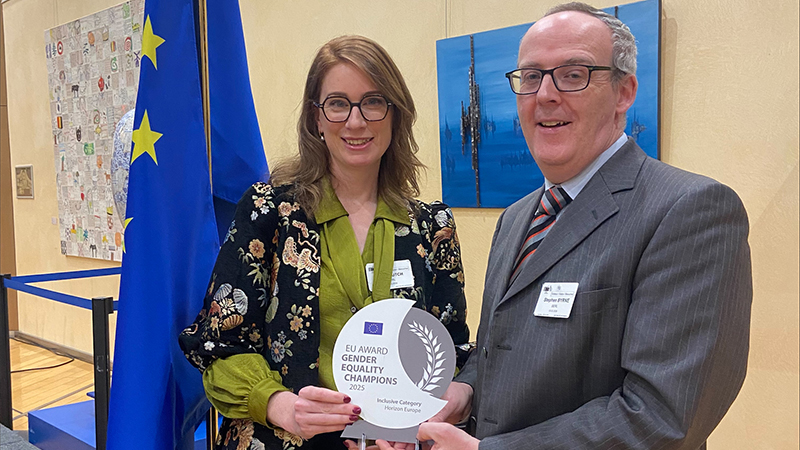
05 Feb 2026
UCC receive prestigious EU award for inclusive gender equality achievements in Research and Innovation
University College Cork (UCC) has been named a European Union (EU) Gender Equality Champion in Research & Innovation, recognising the University’s outstanding efforts to advance gender equality, diversity, and inclusion across all levels of research and academia.
Read on ucc.ie
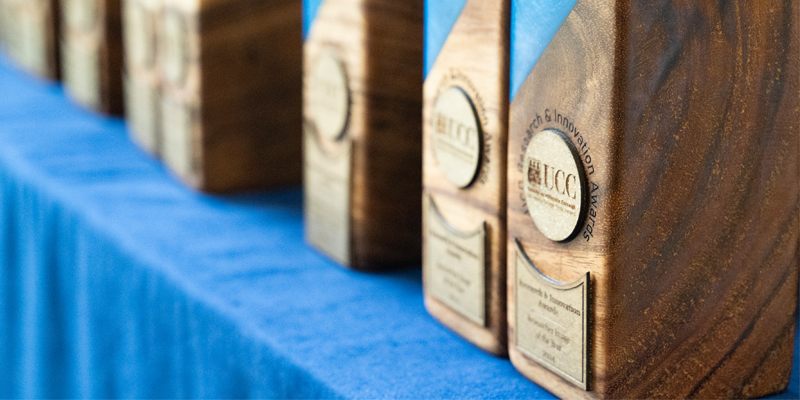
30 Jan 2026
Have Your Say: Nominations open for 2025 UCC Research and Innovation Awards
Have you been inspired by UCC researchers, innovators or entrepreneurs whose work makes a real and lasting impact through tackling global challenges through research, innovation and creativity?
Read more
Connect With Us
Research and Innovation
Taighde agus Nuálaíocht
Contact us
Office of Vice President for Research & Innovation 4th Floor Block E, Food Science Building UCC,
- https://www.ucc.ie/en/researchandinnovation/
- UCC Research - research@ucc.ie
- UCC Innovation - uccinnovation@ucc.ie

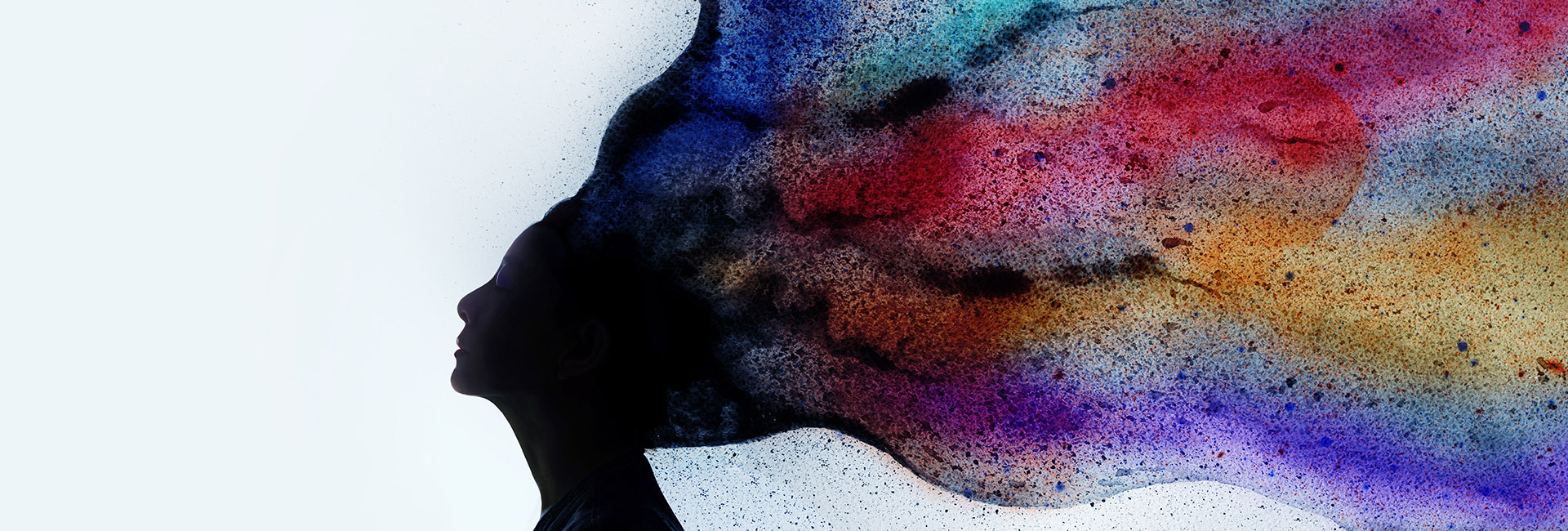

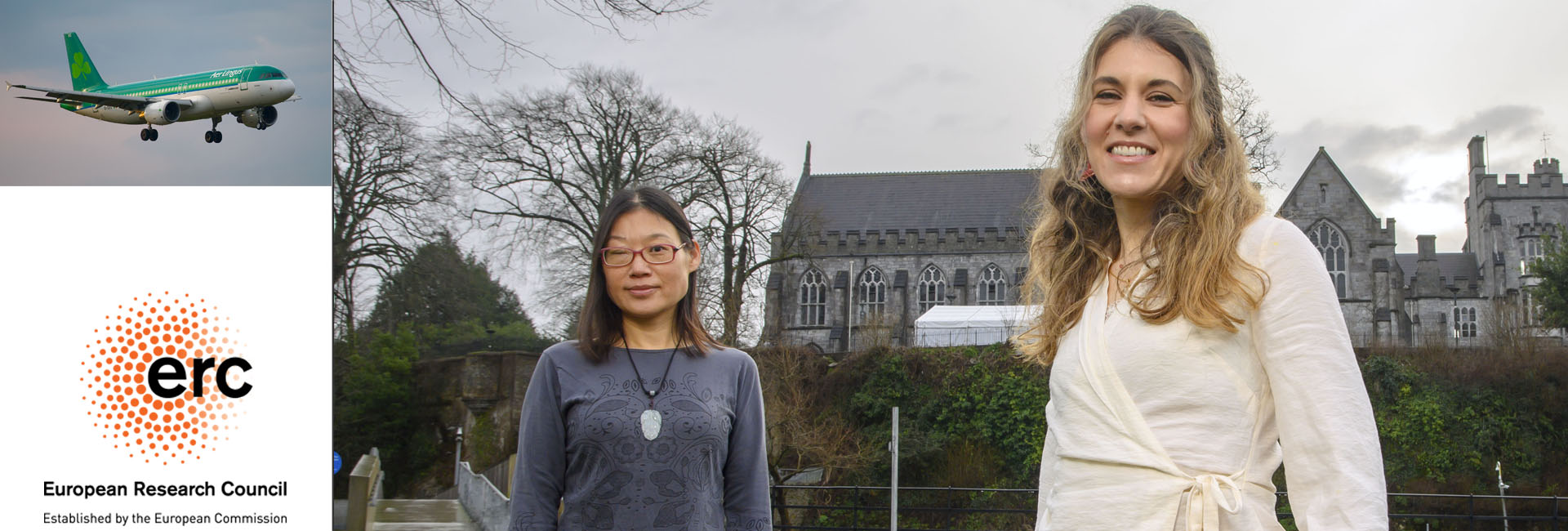
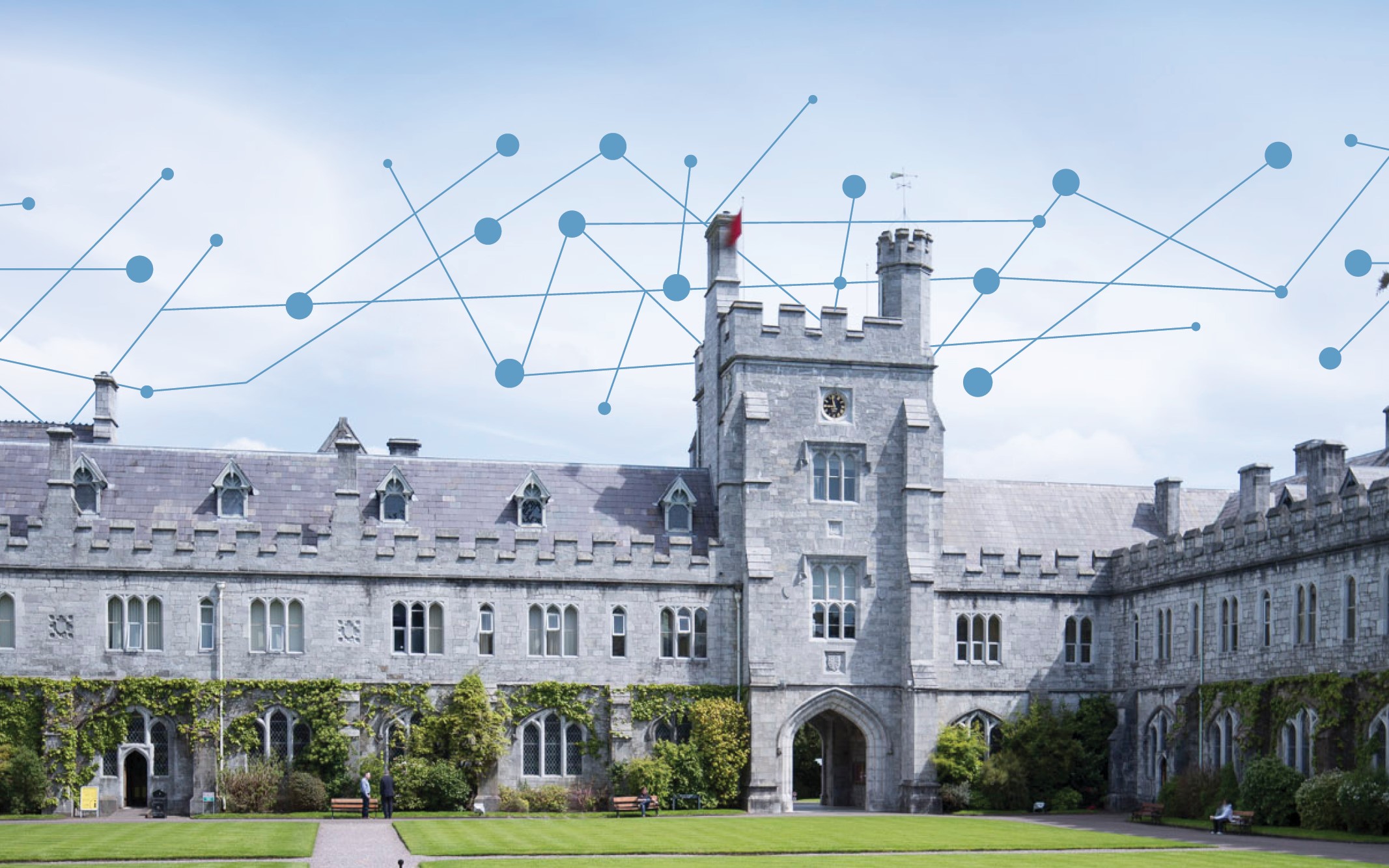
.jpg)
